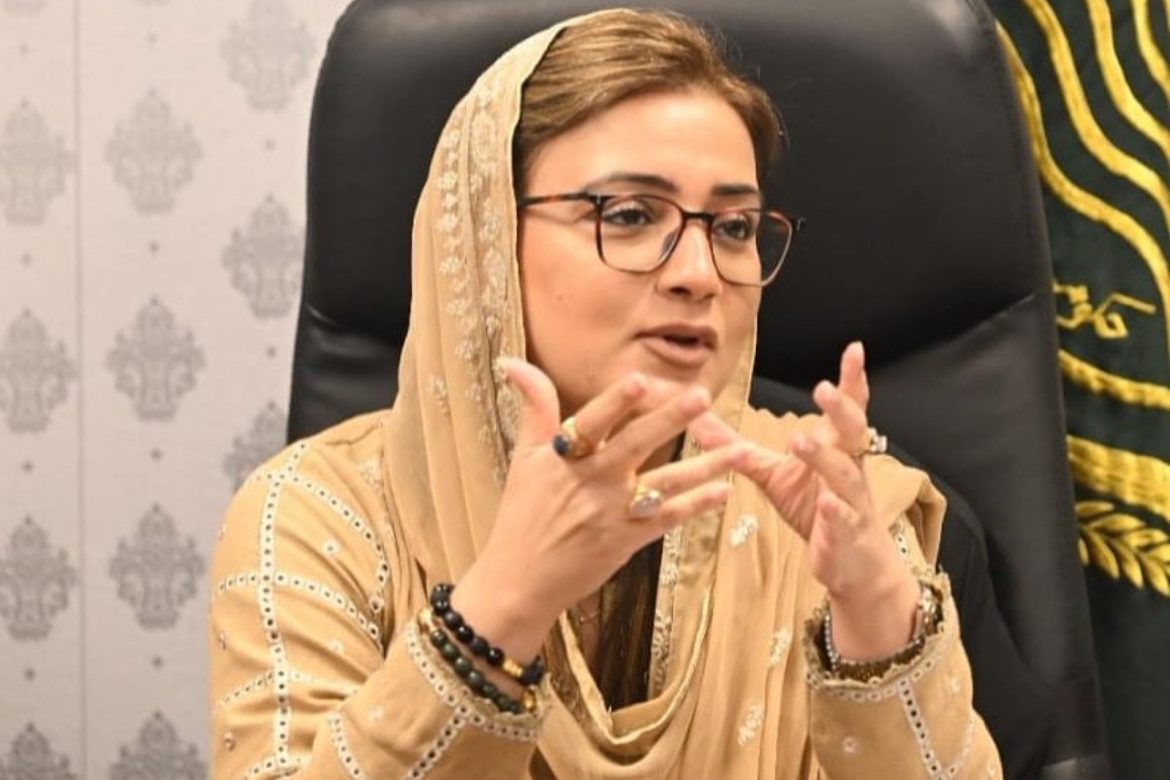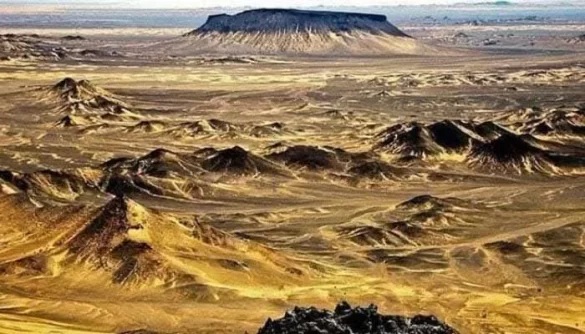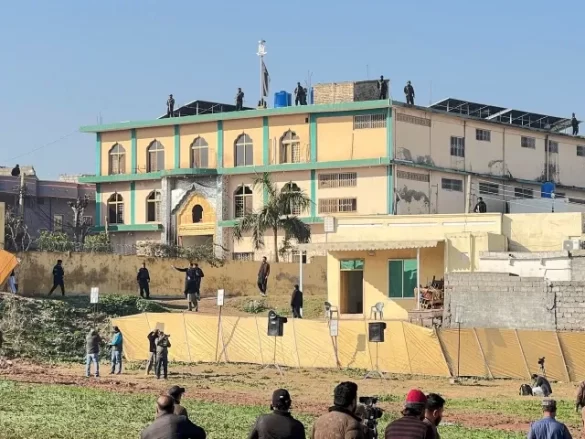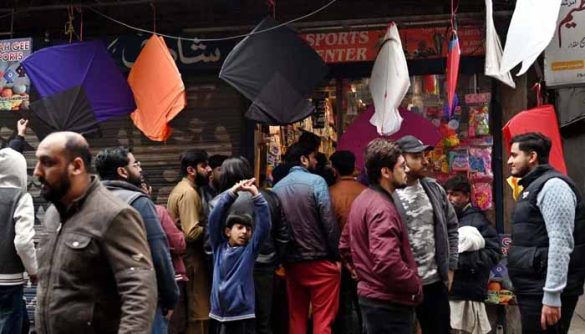Kashmir Siege Day Marked Across Pakistan
Lahore, Pakistan — Pakistan on Monday marked the fifth anniversary of “Kashmir Siege Day” (Youm-e-Istehsal), a national observance condemning India’s revocation of Jammu and Kashmir’s special constitutional status. In Lahore, Punjab’s Minister for Information, Uzma Bukhari, addressed a gathering to express solidarity with the people of Indian-administered Kashmir, calling the region “a prison” and denouncing the continued human rights violations by Indian forces.
“This is the moment when the prayers of Kashmiris are close to being answered,” Bukhari said. “Their sacrifices have not been in vain.”
Her speech, delivered at a commemorative event organized by the provincial government, aimed to reinforce Pakistan’s commitment to the Kashmiri cause and keep international attention focused on the conflict in the Himalayan region.
“Kashmir Has Become a Prison”
Bukhari sharply criticized India’s policies in Jammu and Kashmir, particularly after the August 5, 2019, decision by the Indian government to abrogate Article 370 of the Constitution, which had granted the region special autonomy. “Kashmir has been turned into a jail,” she said, referring to the lockdown, communications blackouts, and increased military presence that followed the move.
“The world is now speaking,” Bukhari asserted, citing global concern over the situation, including remarks by international leaders such as former U.S. President Donald Trump, who in 2019 offered to mediate the dispute—a move India swiftly rejected.
International Isolation of India Claimed
According to the minister, India’s actions have led to growing diplomatic isolation. “India is now facing diplomatic loneliness,” she said, alleging that international sympathy lies increasingly with the people of Kashmir.
While Bukhari did not cite specific diplomatic developments or sanctions, her remarks reflect Islamabad’s broader narrative that India has faced criticism from international human rights groups and some global leaders for its handling of the Kashmir issue.
Tribute to Kashmiri Resistance and Martyrs
The information minister praised the resilience of the Kashmiri people, saying they had never bowed to oppression. She specifically mentioned Burhan Wani, a young Kashmiri militant killed by Indian forces in 2016, whose death sparked widespread unrest and became a symbol of resistance for many Kashmiris.
“Burhan Wani is not forgotten, nor will the sacrifices of Kashmiri youth be ignored by history,” she said.
Solidarity from Punjab Government
Bukhari emphasized that Chief Minister Maryam Nawaz and the Punjab government stood firmly with the Kashmiri people. She called for unity across Pakistan in commemorating August 5 as a day of solidarity and resistance, stating: “We want the world to know — Kashmir will become Pakistan.”
The slogan, often heard during such events in Pakistan, reflects Islamabad’s longstanding stance on the territorial dispute.
Political Criticism and Call for Unity
Toward the end of her speech, Bukhari also took a political swipe at the opposition, specifically naming the Pakistan Tehreek-e-Insaf (PTI), accusing the party of trying to sow discord on a day meant for national unity.
“Yet again, a divisive call has been given by a certain political faction,” she said, referring to PTI without naming specific individuals. “I appeal to parents to keep their children away from such politics of chaos.”
This remark comes amid ongoing political tensions in the country following the 2024 general elections, which have seen continued clashes between PTI members and the current government.
Historical Background of August 5
On August 5, 2019, the Indian government led by Prime Minister Narendra Modi revoked Article 370, removing Jammu and Kashmir’s semi-autonomous status and bringing it under the direct control of New Delhi. The move was met with intense backlash in Pakistan, which considers the region disputed and claims that the decision violated UN resolutions and bilateral agreements.
Since then, Pakistan has observed Youm-e-Istehsal annually through rallies, seminars, and protests. In 2025, the nationwide protests once again underlined Pakistan’s stance on Kashmir’s disputed status.
According to the Office of the UN High Commissioner for Human Rights (OHCHR), the region has witnessed restrictions on freedom of expression, arbitrary arrests, and limited access for independent observers. India maintains that its actions have brought stability and development to the region.
The Road Ahead
Despite Islamabad’s continued vocal support for Kashmir and international appeals, a political resolution to the conflict remains elusive. Diplomatic relations between India and Pakistan remain strained, and formal dialogue on Kashmir has been stalled for years.
Still, Bukhari’s speech echoes the enduring sentiment within Pakistan — that Kashmir’s struggle is not forgotten, and its future remains central to Pakistan’s national discourse.















